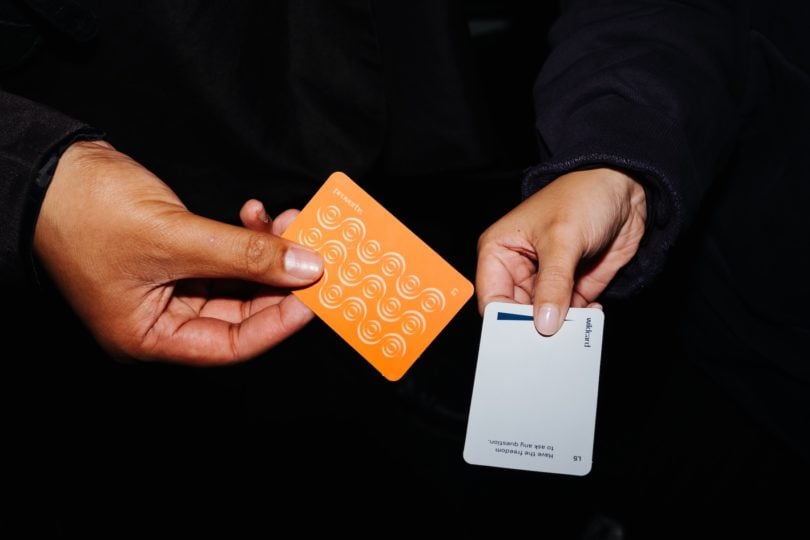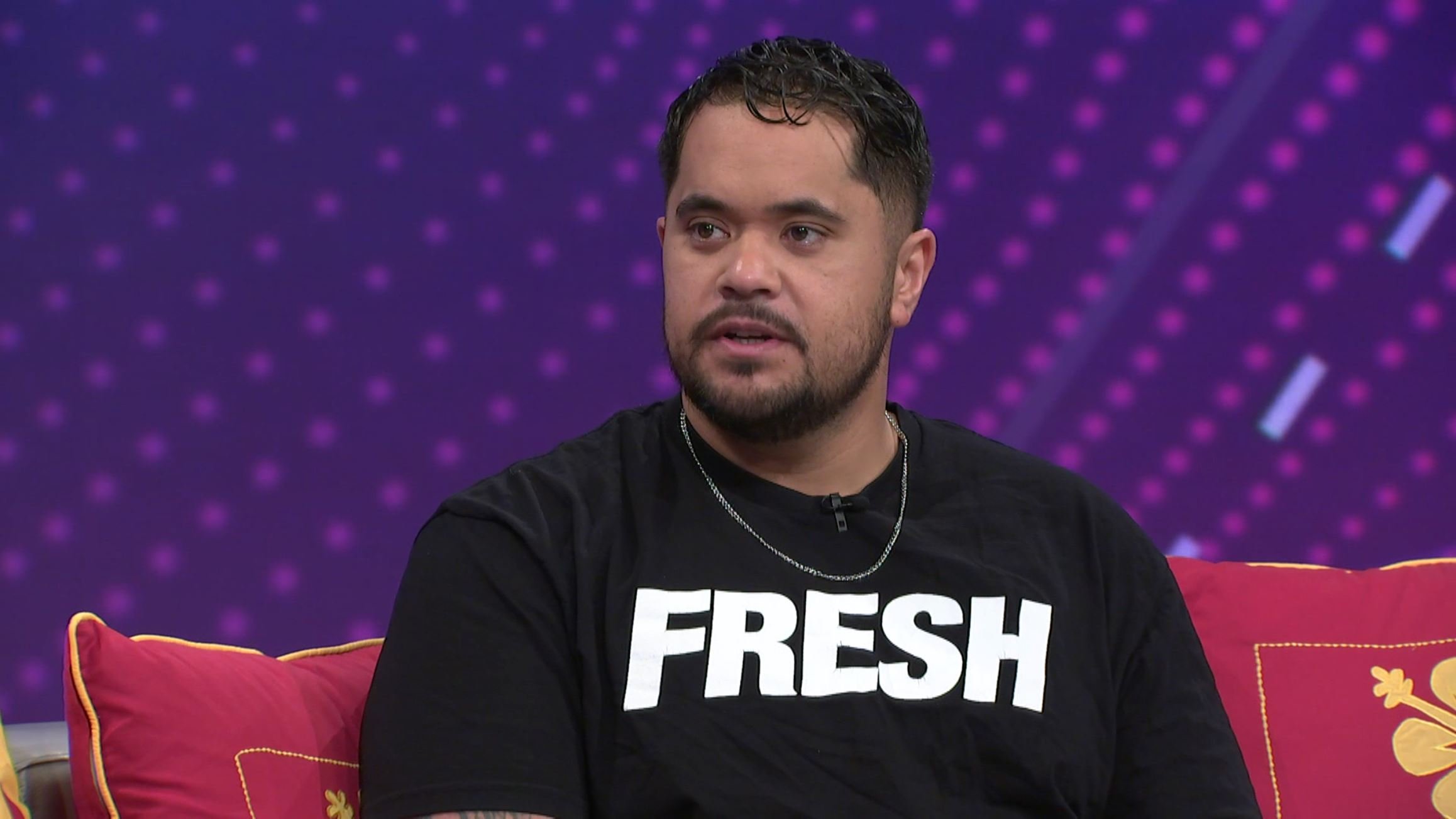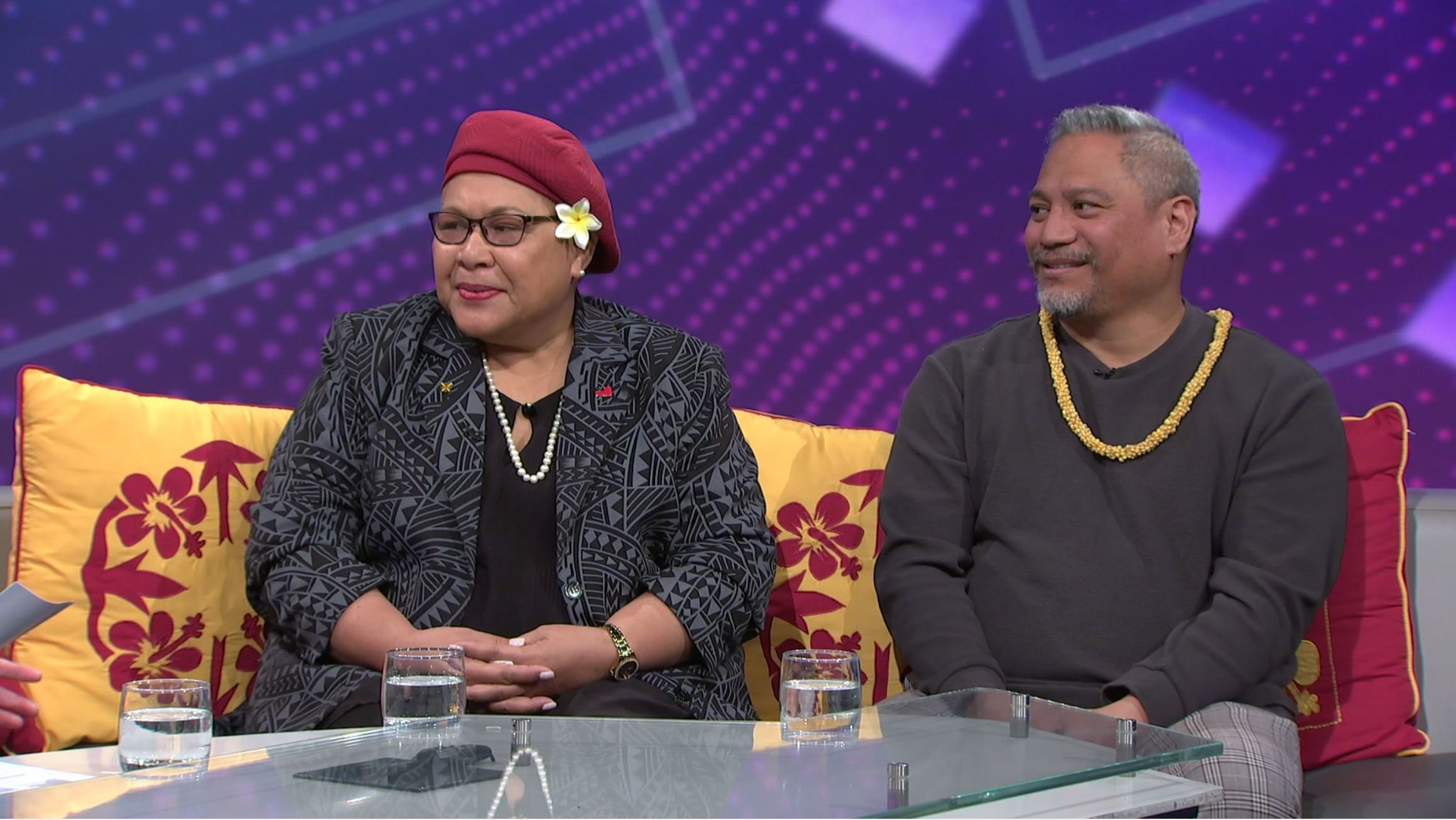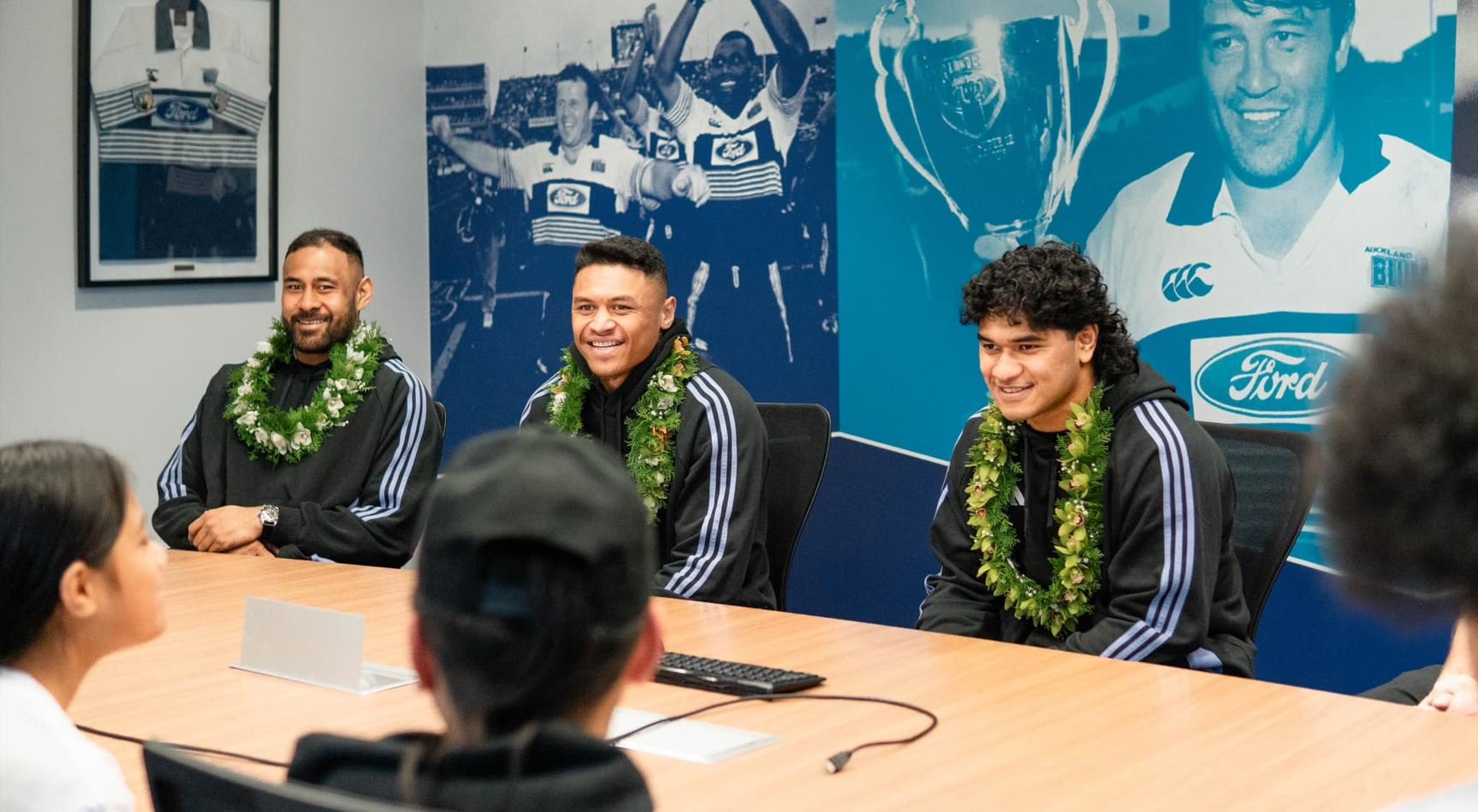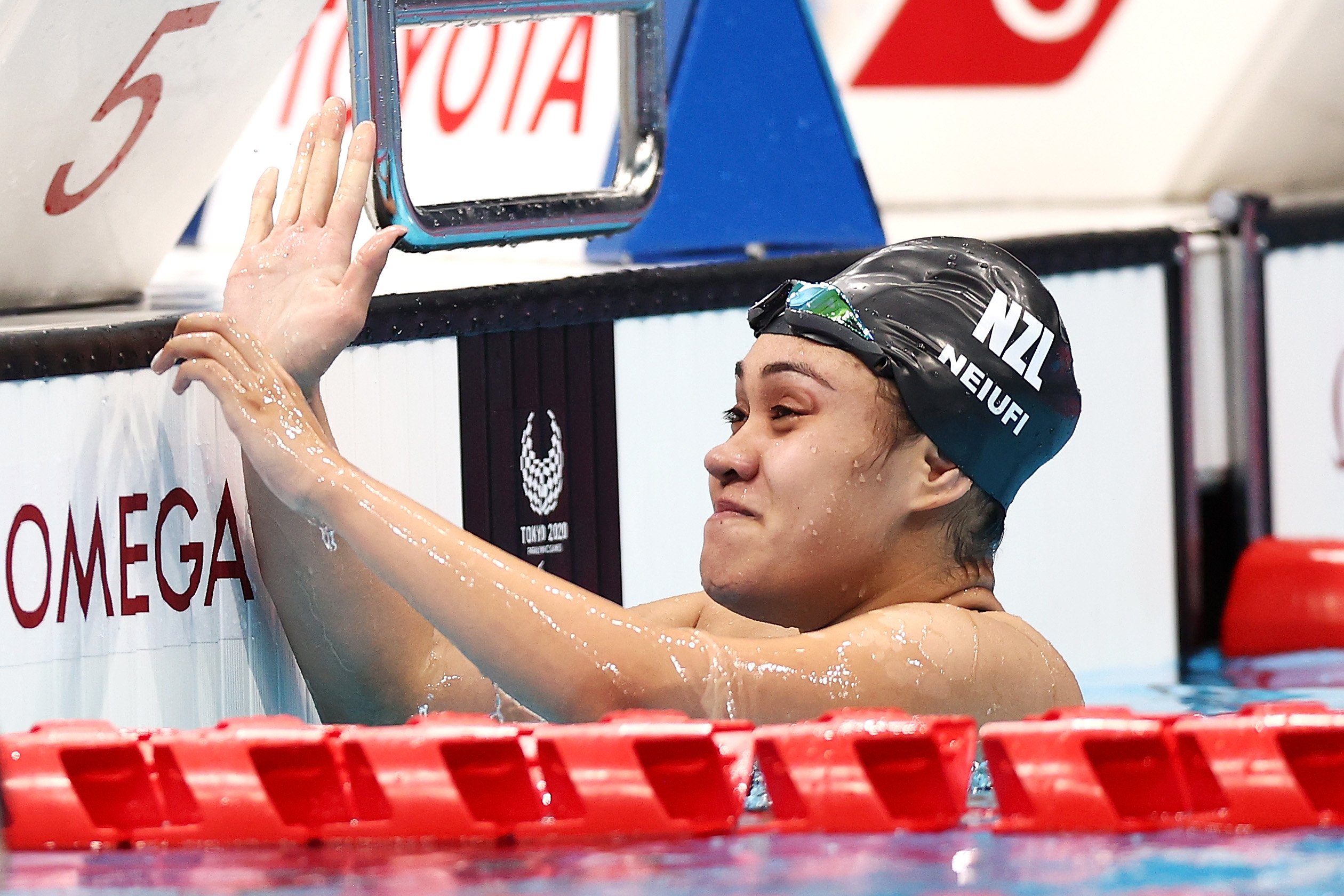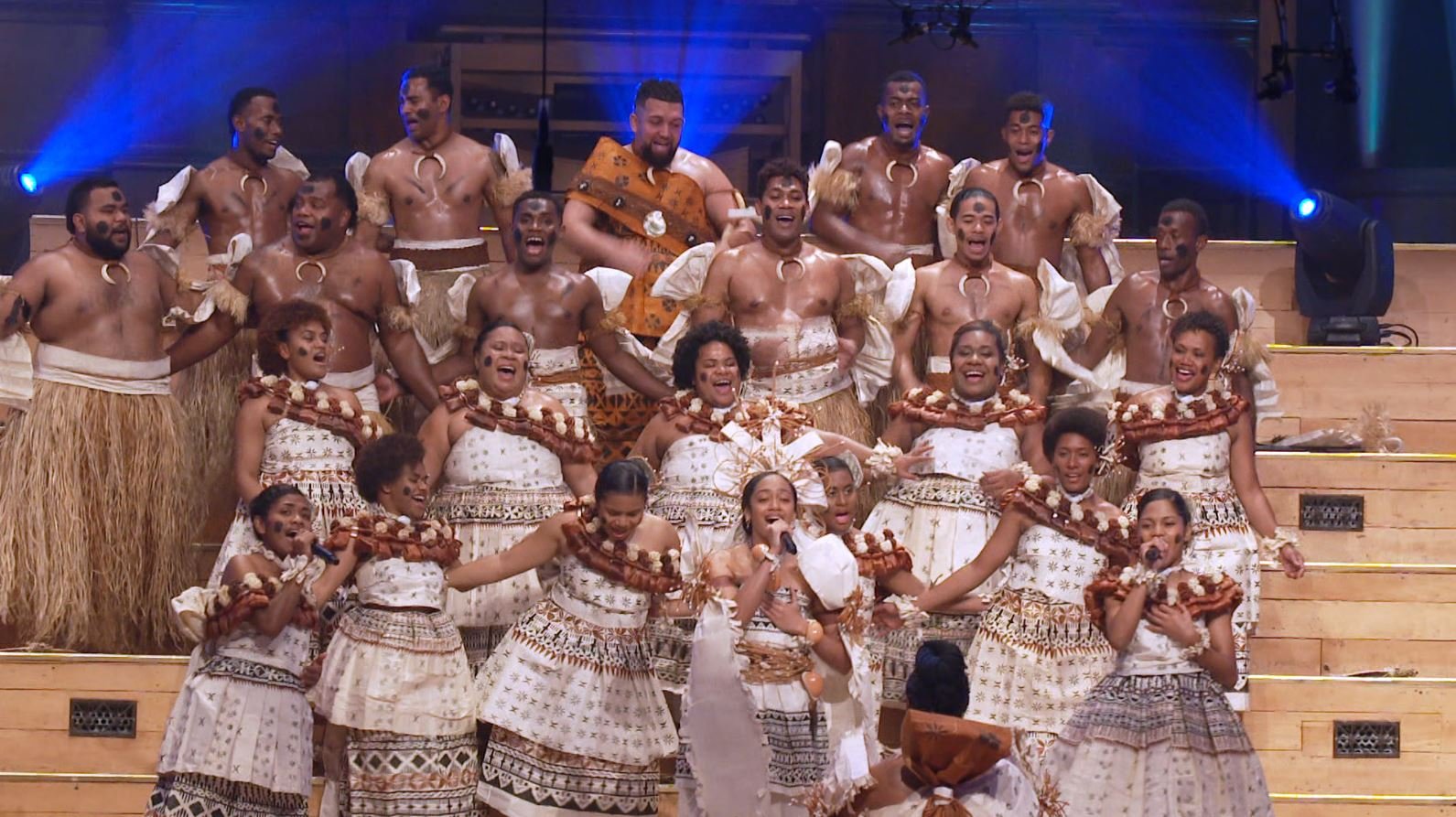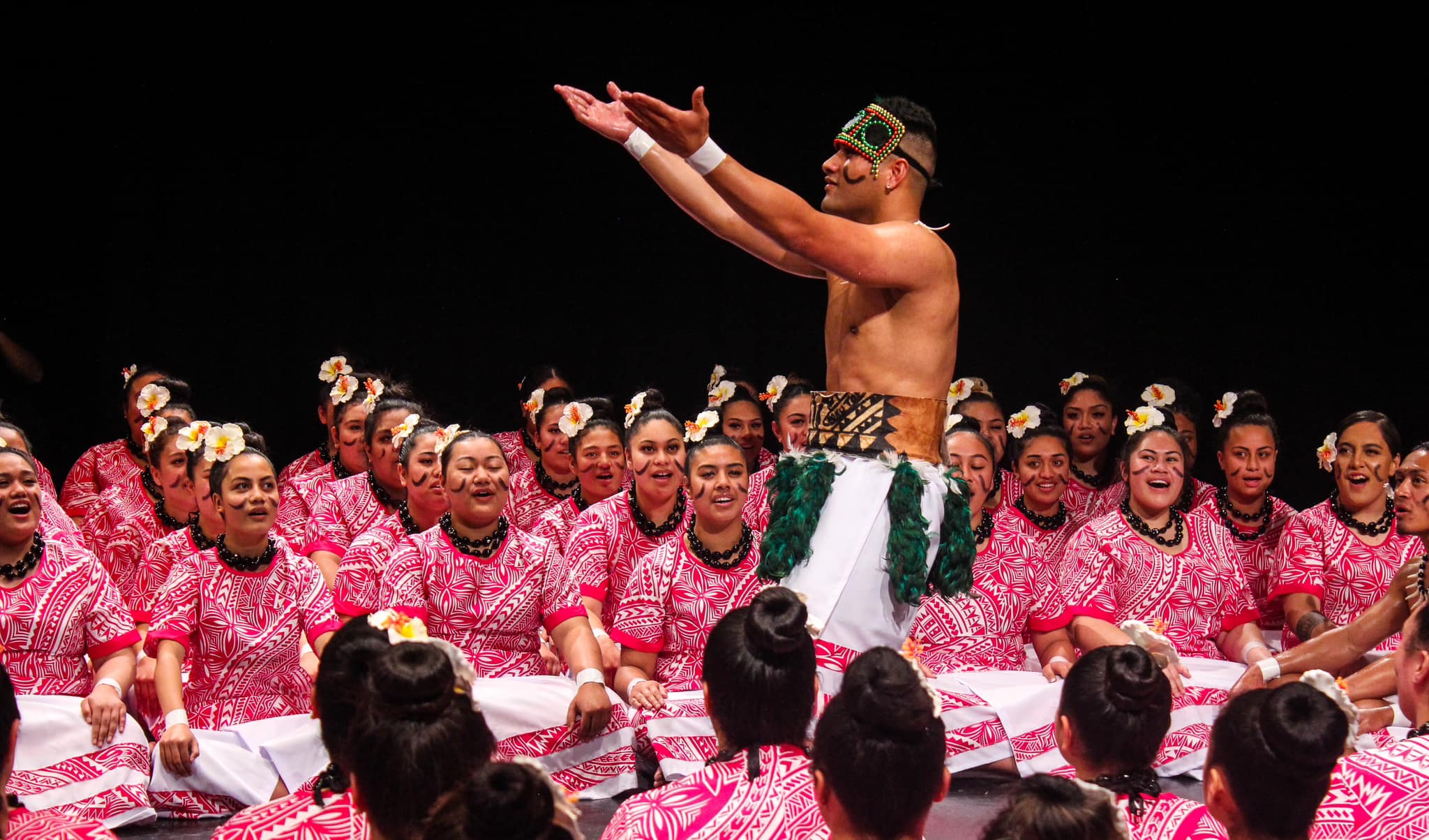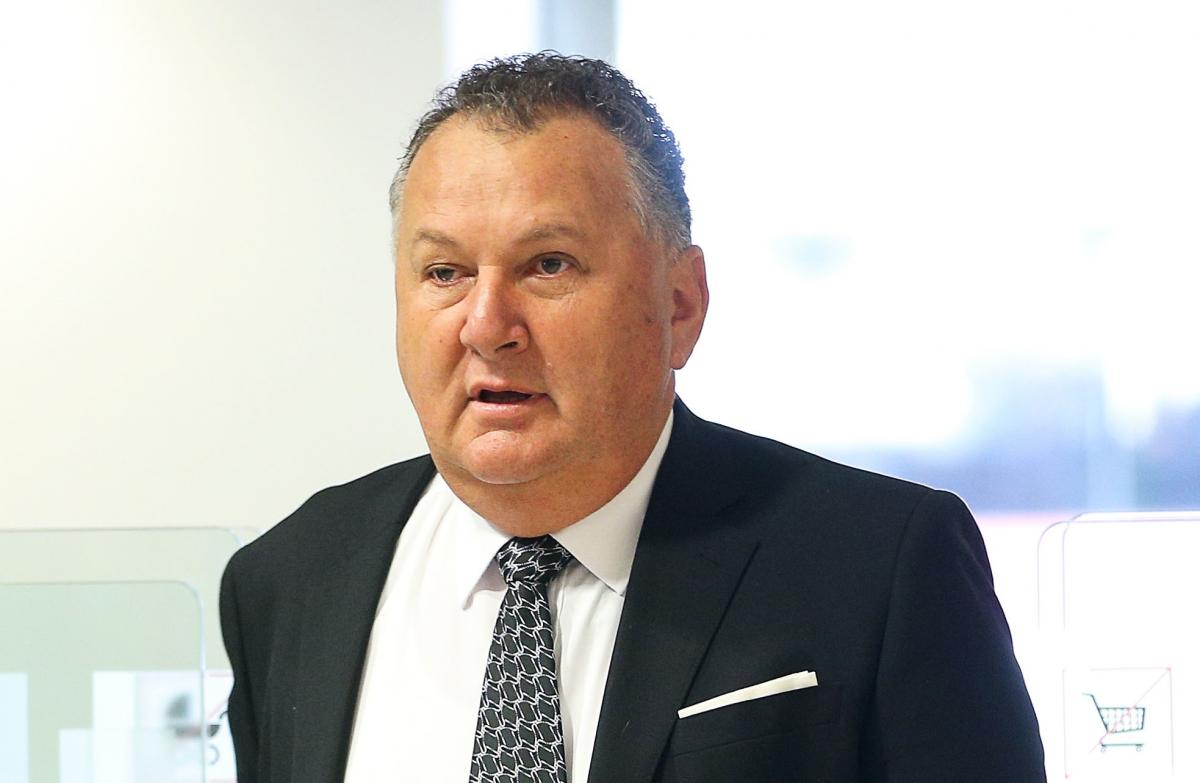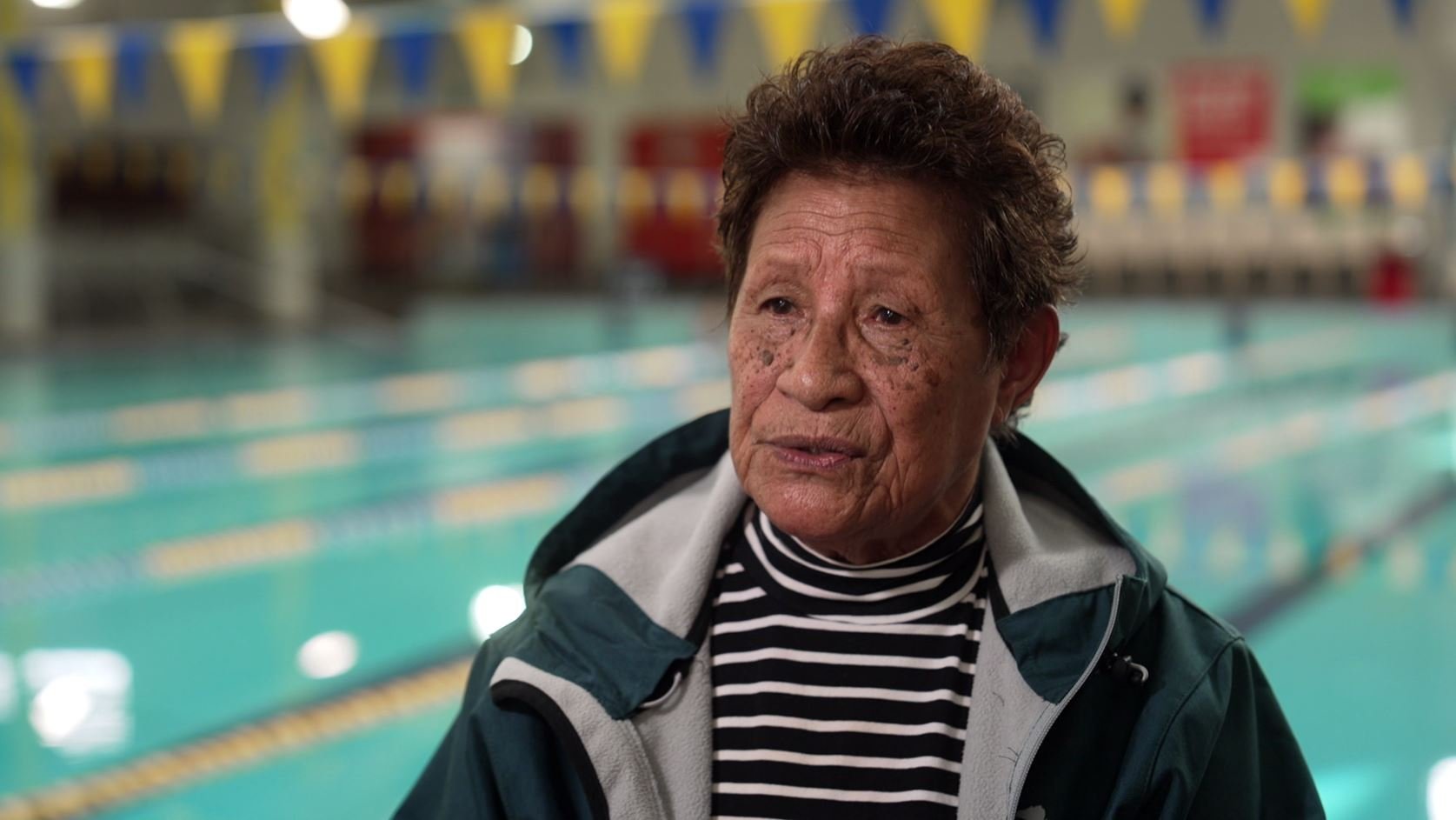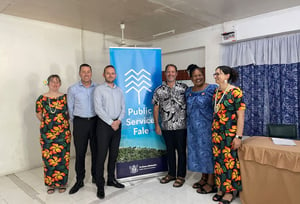Public Interest Journalism funded through NZ On Air
This week Fijians go to the polls to elect a new government. Hoping to stay in power is former military strongman Frank Bainimarama with his FijiFirst Party while hoping to upset the party is another former strongman in People’s Alliance Party leader Sitiveni Rabuka. John Pulu caught up with both leaders for this story.
In only the third election since democracy was restored in Fiji, some locals are playing it safe.
“I want the leadership to look after all the people, not only one,” says one woman at the Suva market.
While others are not. “I hope that my favourite party are going to win again which is FijiFirst party,” says a vegetable-seller.
“Bainimarama is ok, he serves the people, he walks the talk,” a woman says.
A young male, voting for the first time says, “I am thinking about choosing the People’s Alliance party for Rabuka.”
Both men loom large in the mind of voters in Fiji this election. As Prime Minister, Bainimarama has an unparalleled profile and can stand by a track record that’s seen the country come through tough times. While for many, Rabuka is a genuine option for leadership around which opposition can rally.
In Savusavu, Vanua Levu, Bainimarama is on the campaign trail with a message not only for locals but for also for those in the Fiji diaspora who are eligible to vote.
“Well, I’ve always asked them to think of their future, the family, the children and grandchildren when they go to vote,” Bainimarama says.
Prime Minister Bainimarama’s been in power since taking control of the country in a military coup in 2006. When democratic elections were restored in 2014, he led the FijiFirst party to its first electoral win and did it again in 2018.
“We want to continue the same policies that we’ve been having in the last 15 years in fact in the last eight years, but you note all the political parties are talking about 15 years because they’ve included the years that the military government was in power,” Bainimarama added.
Across at the People’s Alliance Party, former Prime Minister Sitiveni Rabuka, is feeling confident about his Party’s chances despite having only started his party in October last year.
He led the Social Democratic Liberal Party (SODELPA) unsuccessfully at the 2018 election before being ousted as leader in 2020 but earlier this year eight members of that party defected to the People’s Alliance.
“I am focusing on projecting myself and my party as one that the people will have confidence in,” Rabuka says.
“Our policies have to be future proof in the sense that people can look forward and know that the policies we announce now can still be applicable and also relevant for years and generations to come.”
Rabuka, a former Prime Minister himself, led his country for seven years following two military coups which he instigated in 1987. And while he’s gone to great lengths to repair his reputation, it’s one he knows will be impossible to shake.
“You cannot shake it off because you are not carrying it, it’s carried by others. What you can do is just continue to be the change or the changed person that you have become.”
And change is a strategy he’s adopted in his campaign, using social media like TikTok to reach younger supporters. One TikoTok video has the 74-year-old in a singlet doing bicep curls and likening the routine to ‘lifting the standard of living’.
“I am pretty much of a traditional politician where you go and sit down and talk, you get up and have some rallies now we are into this cyber space battle ground and we need to be there,” Rabuka says.
The two former Prime Minister’s aren’t the only contenders for this election, also calling for a change of government is Professor Biman Prasad, who is the leader of Fiji’s oldest and longest serving political organisation, the National Federation party.
“We are fighting this dictatorship to ensure that we bring some resemblance of democracy, good governance, transparency, accountability, media freedom, respect for human rights and respect for rule of law,” Prasad says.
Meanwhile New Zealand-based Fiji academic and political commentator, Professor Steven Ratuva says FijiFirst appeared to be behind in early polls.
“The early polls, the monthly polls which they had stopped was showing them doing very badly from they were having like 20-30 percent in the polls,” Ratuva says.
“Leading up to the 2014 and 2018 elections they were hitting 60 percent to 80 percent so, even if the margin of error was 10 percent, which is quite huge, they would still lose according to the polls.
“We may not see a Bainimarama by Dec 14th. We might see a new political party in power and whoever becomes Prime Minister could be Rabuka, could be anyone from the coalition. Those are some of the things we have to wait until it happens.”













